This ebook, Life Cycle Assessment of Energy Systems: Closing the Ethical Loophole of Social Sustainability (PDF) goes over sustainability and energy, the 2 of the essential and frequently most misinterpreted topics in our world today. As these 2 topics have actually grown in value over the last couple of years, interest in the Life Cycle Assessment (LCA) design has actually grown too, as a possibly essential tool in understanding and making every effort towards sustainability in energy systems. Not simply solar and wind systems, however all energy systems, require to be comprehended through this design. Solar and Wind power have the possible to decentralize the U.S. energy system by using regional neighborhoods electrical power and financial assistance, depending upon the style and scale of tasks. Nevertheless, every energy innovation possibly deals with ecological expenses, lay and professional opposition, and threats to public health. Engineers play a main function as home builders, designers, and operators in energy systems. As they extend their competence into mechanical, electrical, and chemical fields, from nonrenewable fuel source- based systems to renewable resource systems, “sustainability” is gradually turning into one of the crucial requirements engineers use in their work. This groundbreaking brand-new research study argues that engineering cultures foster sustainability by embracing presumptions and issue- resolving practices as part of their identities when creating and constructing engineering tasks. This work takes a look at the politics of producing, utilizing, and customizing Life Cycle Assessment (LCA) in the building and construction of renewable resource systems. The only volume of its kind ever composed, it is a should- have for any researcher, engineer, supervisor, or any other expert working in or thinking about Life Cycle Assessment and its relation to energy systems and effect on ecological and financial sustainability.
.
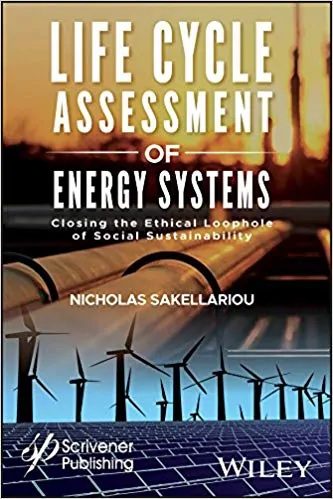
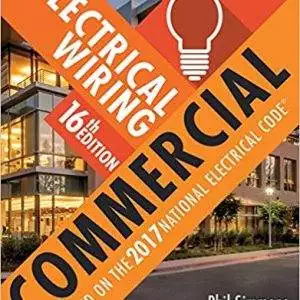
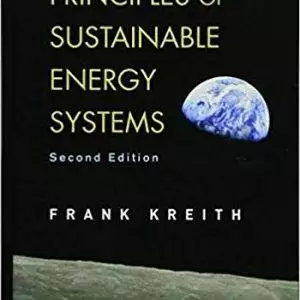
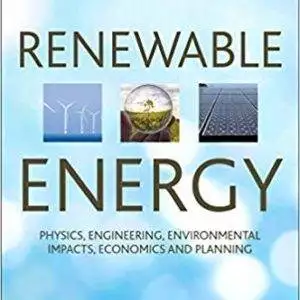
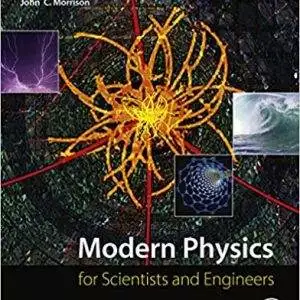

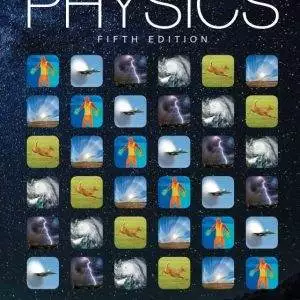
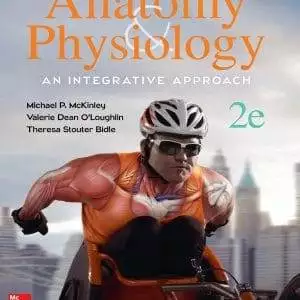
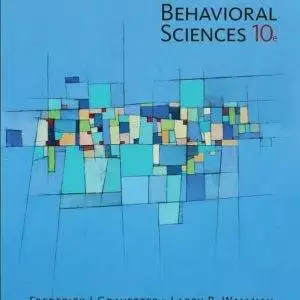
Reviews
There are no reviews yet.